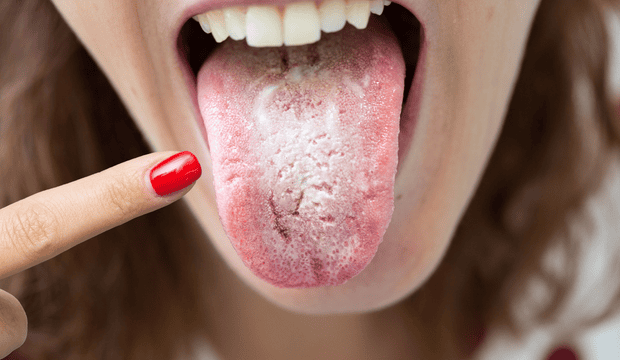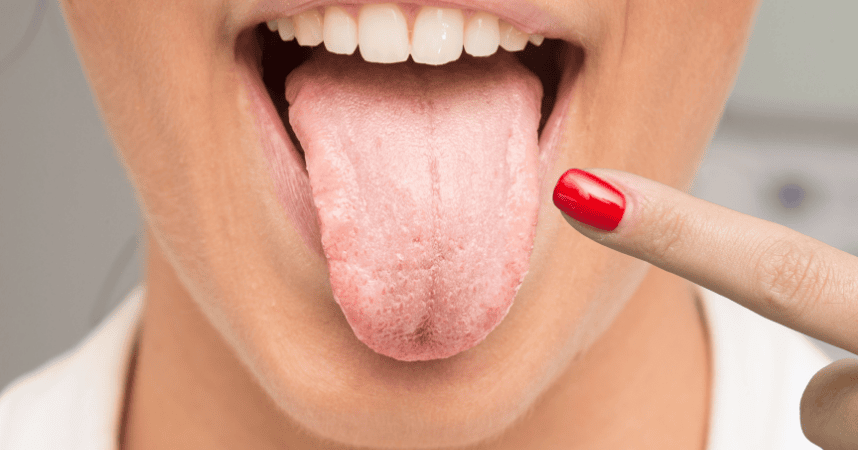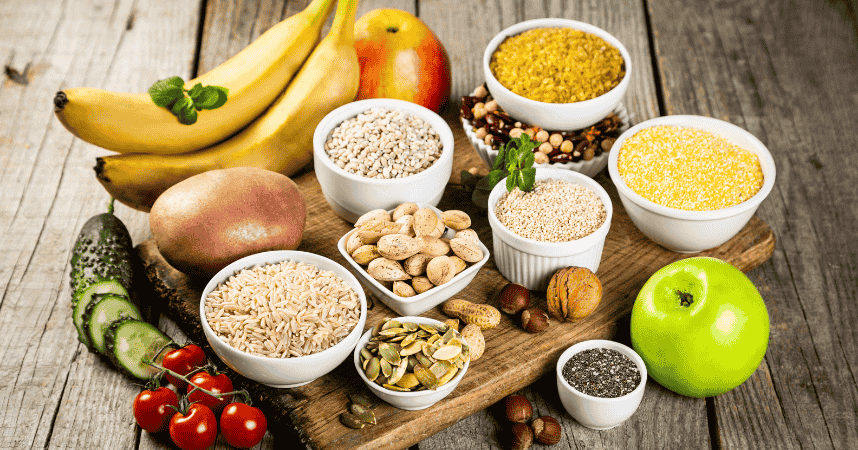- Mon - Fri: 8 AM - 5 PM.
- 1806 Professional Dr A, Sacramento, CA 95825




If your white tongue is not caused by a medical condition, there are several natural remedies that can help restore its healthy pink appearance.
Maintaining a balanced diet rich in fruits, vegetables, and whole grains can also prevent buildup and improve oral health. Avoid sugary and processed foods that promote bacterial growth.

Final Thoughts
A white tongue may be a common condition, but it’s not one to overlook. Understanding its causes, recognizing the symptoms, and taking early action through improved hygiene and natural remedies can help restore your tongue’s health quickly and effectively.
If the condition persists, don’t hesitate to consult a professional. For more information on oral care or to explore professional treatment options, visit our Cosmetic Dentistry page at Dental Krafts.
Quick Links
Services
Areas We Serve
Contact info
Open hours